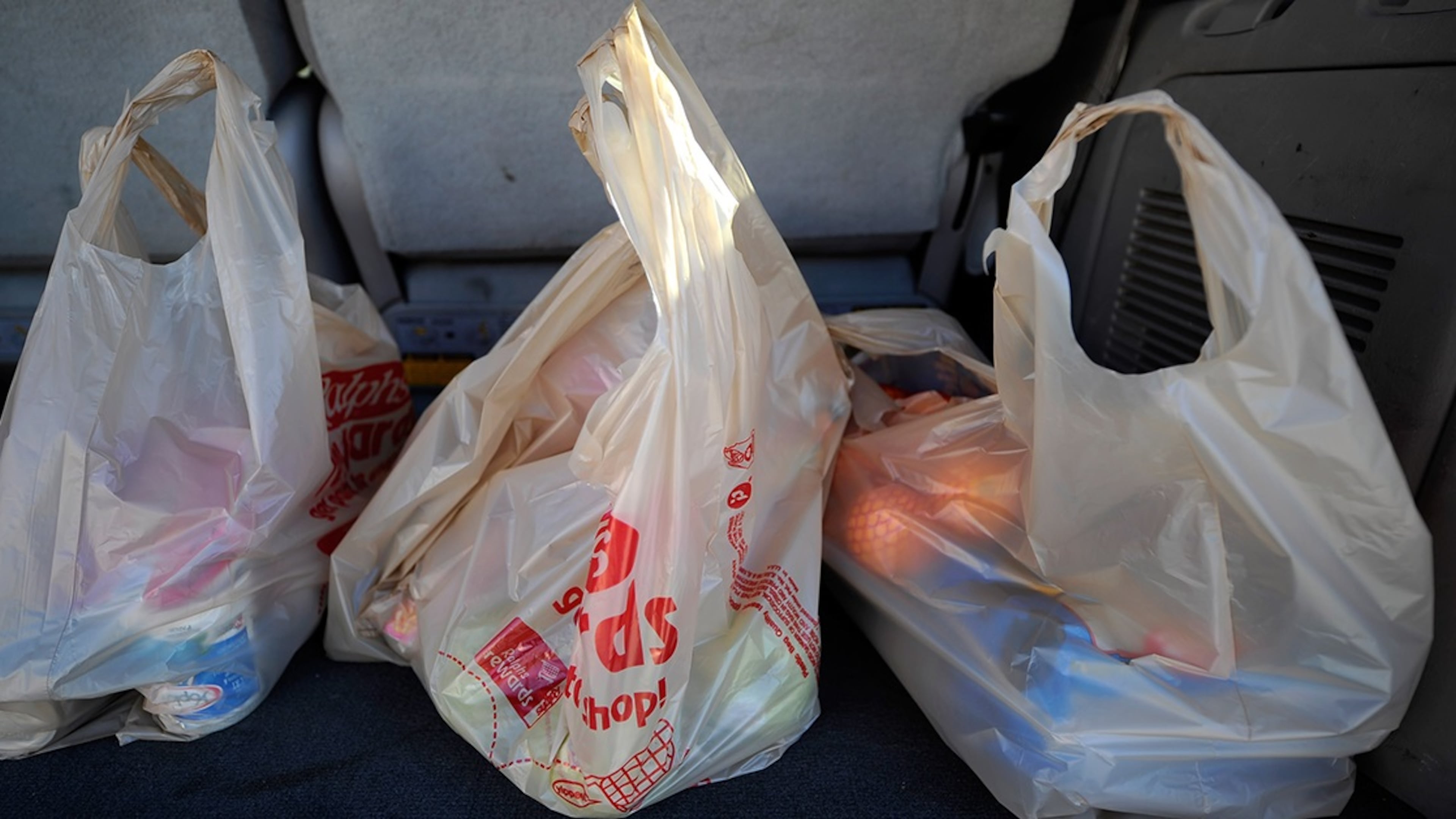DeKalb city reaffirms pledge to ban single-use plastics

Plastics have their place, but it’s not the landfill, Clarkston city officials said in a Tuesday vote.
The city, which passed an ordinance in 2019 to ban plastic shopping bags and other single-use plastics, reaffirmed their commitment to removing non-recyclable plastic from the city’s businesses.
However, it’ll take one year longer than they initially planned. The ban was supposed to go into full effect this May, but the City Council extended the phase-out period until May 2022.
“Plastic should be only put in recycling,” Councilman Awet Eyasu said during a Tuesday meeting. “It doesn’t belong in our streams. It doesn’t belong in our trash.”
Clarkston, along with Atlanta and South Fulton, led the charge in late 2019 to completely phase-out single-use plastics, which also include plastic drinking straws, plastic foam containers and utensils. Atlanta’s ban also applies to plastic straws and bags at Hartfield-Jackson International Airport, but it may take a decade before all of its restaurants and businesses have to comply.
Clarkston city leaders initially gave a two-year period to shift away to alternative materials, but the COVID-19 pandemic’s effects on businesses delayed that timeline, councilmembers said Tuesday. It applies to all businesses in Clarkston’s city limits, including gas stations, restaurants, grocery stores and convenience stores.
Mayor Beverly Burks introduced Tuesday’s resolution, which moved the enactment date to May 4, 2022. She added the city is “committed to reducing our carbon footprint of plastic and making our city of cleaner, greener place.”
Eyasu, who is also the chair of the city’s transportation and environment standing advisory committee, added the city will have an education campaign to help businesses make the transition.
DeKalb Commissioner Ted Terry, who was Clarkston’s mayor at the time, told The Atlanta Journal-Constitution the county is considering similar environmental measures.
“Any movement our economy and society make towards reducing and ultimately eliminating non-compostable single-use plastics should be applauded,” he said in an emailed statement. “... The evidence is clear enough in my mind to support the transition away from these products.”
Terry said that the county recently formed the DeKalb County Green Policies Ad-Hoc Committee, which is working “to build consensus” on phasing out non-recyclable plastics. He cited the efforts of other cities, such as Boston and Mount Pleasant, S.C., as proof that alternative materials aren’t overly burdensome on businesses and help protect the environment.
“Better options are here now,” Terry said. “The regulatory framework has been tested in other communities around the nation. It works. People see it keeping more litter off the roadways and riverways. People see it making a difference.”


